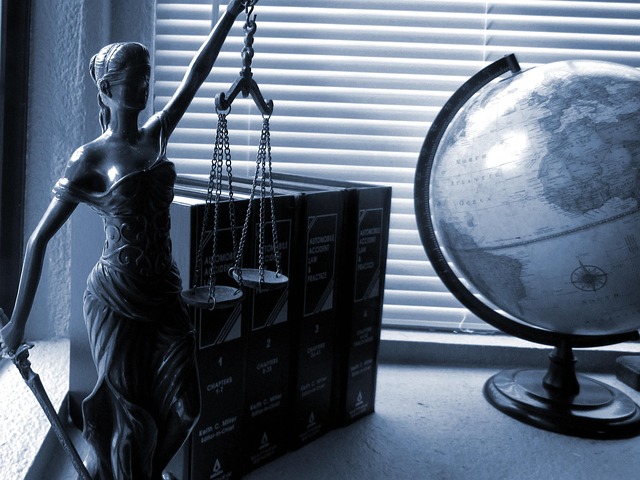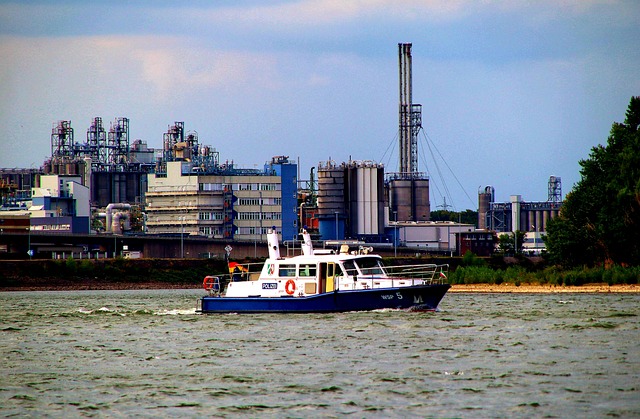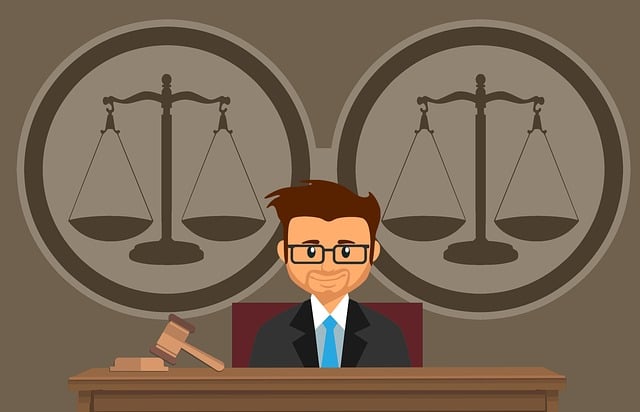Environmental Crime Trials demand a unique blend of legal expertise and environmental advocacy, with Healthcare Regulatory Litigation Strategies (HRLS) playing a pivotal role in holding businesses accountable for ecological damage. HRLS, grounded in healthcare regulatory litigation, enhances traditional criminal defense by focusing on public health concerns, leveraging scientific evidence, and expert testimonies to prove causation. This approach has proven effective against industries like energy, manufacturing, and mining, resulting in substantial penalties and damaged reputations. As global environmental concerns escalate, advanced legal technologies and data analytics will further revolutionize HRLS, driving positive change through enhanced Environmental Justice (EJ) litigation.
“Environmental Crime Trials: Unraveling Legal Battles for a Sustainable Future. In an era where environmental degradation is a global concern, understanding legal mechanisms like environmental crime trials is crucial. This article explores these unique judicial proceedings from a legal perspective, delving into their evolution and impact on industries. We analyze the rise of healthcare regulatory litigation, offering insights into proven strategies for navigating these complex cases. Furthermore, we examine industry consequences, potential defenses, and predict future trends in environmental justice litigation.”
- Understanding Environmental Crime Trials: A Legal Perspective
- The Rise of Healthcare Regulatory Litigation in Environmental Cases
- Key Strategies for Proving Environmental Crimes
- Impact on Industries: Consequences and Defenses
- Future Trends: Evolving Litigation Approaches in Environmental Justice
Understanding Environmental Crime Trials: A Legal Perspective

Environmental Crime Trials represent a unique intersection of legal expertise and environmental advocacy. From a legal perspective, these trials involve the application of various healthcare regulatory litigation strategies to address violations of environmental laws and regulations. The primary goal is to hold individuals, corporations, or entities accountable for actions that harm the environment, such as pollution, habitat destruction, or illegal waste disposal.
Understanding the nuances of environmental law is crucial in navigating these trials. Prosecutors and defense attorneys alike must employ specialized knowledge to interpret complex legislation and regulatory standards. Healthcare Regulatory Litigation Strategies play a significant role in these proceedings, as they help to structure arguments, gather evidence, and present compelling cases. Winning challenging defense verdicts in Environmental Crime Trials often hinges on the ability of legal teams to avoid indictment, employing robust general criminal defense strategies while ensuring adherence to environmental regulations.
The Rise of Healthcare Regulatory Litigation in Environmental Cases

In recent years, a significant shift has occurred in environmental crime trials, with healthcare regulatory litigation emerging as a powerful tool for holding businesses accountable for ecological damage. This trend reflects the growing recognition that environmental crimes often have profound public health implications, necessitating stricter enforcement and innovative legal strategies. As a result, prosecutors are increasingly leveraging healthcare regulations to build compelling cases against companies causing pollution or environmental degradation.
Healthcare Regulatory Litigation Strategies have proven effective in securing winning challenging defense verdicts, highlighting an unprecedented track record of holding corporations responsible for their actions. This approach not only ensures that businesses face severe consequences for environmental transgressions but also sends a strong message about the importance of corporate accountability. General criminal defense strategies, while crucial, are enhanced by incorporating healthcare regulations, enabling prosecutors to create robust cases centered around public health and safety concerns.
Key Strategies for Proving Environmental Crimes

Proving environmental crimes requires a strategic approach, especially given their complex nature and often subtle impacts. Key strategies in Healthcare Regulatory Litigation include leveraging scientific evidence and expert testimonies to establish causation between alleged pollutants and harm to health or ecosystems. This involves meticulous data collection and analysis, from air and water quality tests to ecological assessments, to build a robust case.
Effective navigation of all stages of the investigative and enforcement process is crucial. Collaborating with both the legal and scientific communities, prosecutors can employ innovative Healthcare Regulatory Litigation Strategies to avoid indictment while ensuring justice is served. Engaging the philanthropic and political communities can also foster support for environmental protection initiatives, enhancing the impact of successful trials beyond individual cases.
Impact on Industries: Consequences and Defenses

Environmental crime trials have far-reaching implications for various industries, with consequences that can be severe. When companies are found guilty of ecological transgressions, they often face substantial financial penalties, asset seizures, and damage to their public image. These repercussions can significantly impact profitability and market standing, especially in sectors like energy, manufacturing, and mining, where regulatory compliance is stringent.
Industries grappling with these challenges must employ strategic litigation defenses tailored to healthcare regulatory litigation strategies. A winning challenging defense verdict involves a meticulous examination of environmental policies, procedural adherence, and proactive risk management measures. By demonstrating due diligence and adherence to evolving regulations, corporate and individual clients can avoid indictment and mitigate potential damage. Effective defenses often rely on scientific expertise, robust internal audits, and transparent communication with regulatory bodies.
Future Trends: Evolving Litigation Approaches in Environmental Justice

As environmental concerns continue to grow globally, so does the need for innovative litigation approaches in Environmental Justice (EJ). Future trends in healthcare regulatory litigation strategies will increasingly focus on holding corporate and individual clients accountable for their environmental impact. Advanced legal technologies and data analytics will play a pivotal role in uncovering historical and ongoing environmental harm, making the process more efficient and effective.
This shift towards digital tools and sophisticated analysis enables lawyers to develop robust cases that resonate with philanthropic and political communities. By employing these cutting-edge strategies, legal teams can ensure their clients receive justice while fostering a sustainable future for all stakeholders. This evolution in EJ litigation promises to strengthen the hand of those fighting against environmental crimes, ultimately driving positive change on a global scale.
Environmental crime trials are not just legal battles but pivotal moments in upholding ecological balance. As we’ve explored through this article’s various sections, understanding these trials from a legal perspective is crucial for navigating the rise of healthcare regulatory litigation in environmental cases. By employing effective strategies for proving environmental crimes, industries can mitigate consequences and develop robust defenses. Looking ahead, future trends in litigation approaches promise to enhance environmental justice, underscoring the dynamic nature of this field. Armed with knowledge of Healthcare Regulatory Litigation Strategies, stakeholders can actively contribute to a greener, more sustainable tomorrow.






